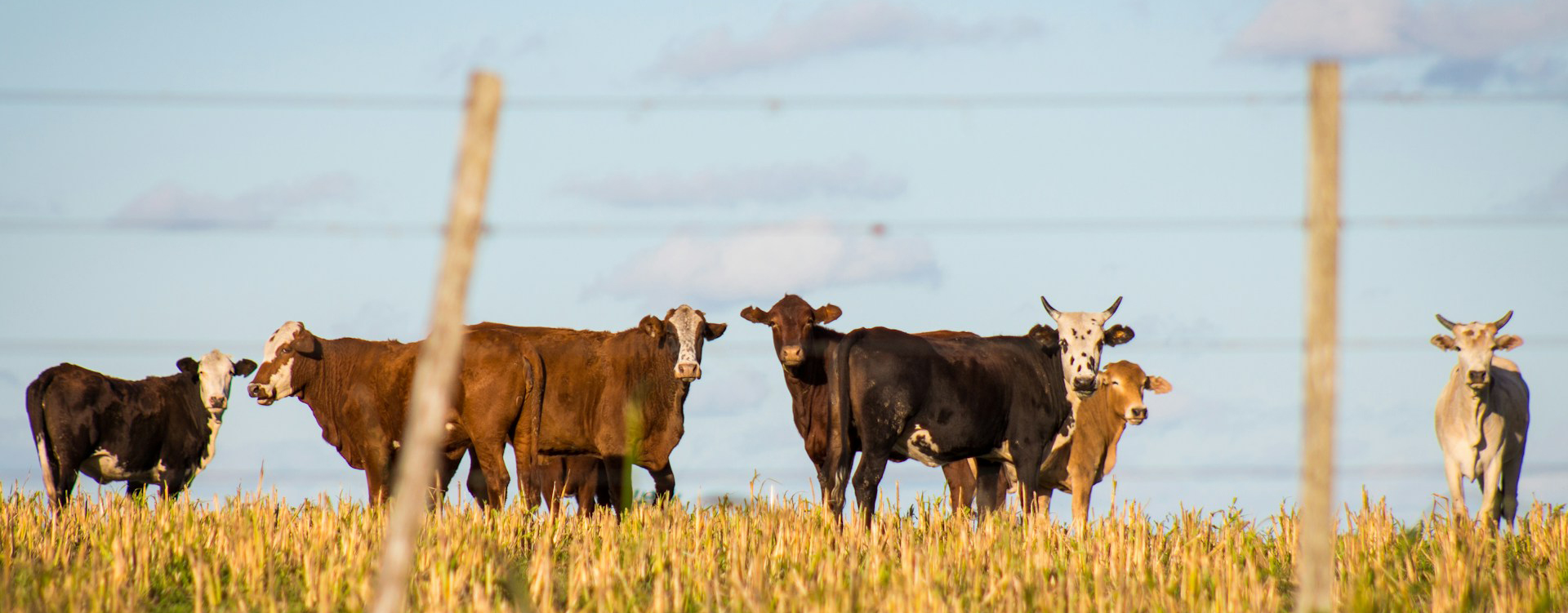
Ticks and acaricide resistance: A ticking time bomb for livestock
Livestock across the globe are plagued by ticks, tiny parasitic arachnids that feast on their blood and transmit devastating diseases. However, the challenge goes beyond just tick infestation. The increasing occurrence of acaricide resistance, where ticks develop abilities to survive despite the chemicals used to control them, has become a major concern for farmers, veterinarians, and public health officials worldwide. This issue transcends national borders, requiring a coordinated global response.
Ticks and tick-borne diseases: Ticks transmit a multitude of debilitating and often fatal diseases to livestock, including babesiosis, theileriosis, anaplasmosis, and heartwater. These diseases not only cause animal suffering and death, but also significant economic losses due to reduced productivity and treatment costs. Ticks could also transmit zoonotic agents leading to diseases and death in humans.
Acaricide Resistance: The high frequency use of acaricides especially with products with the same mode of action and misuse have driven the development of resistant tick populations. This renders current control methods less effective, leading to increased disease outbreaks, production losses, public health risks, environmental impacts, and frustration among farmers.
Substandard and counterfeit products: The use of substandard and counterfeit acaricides further exacerbates the resistance problem. These products are often ineffective, leading to repeated treatments, higher dosing and faster development of resistance.
Lack of awareness and training: Inadequate knowledge about proper acaricide use, integrated tick management strategies, and biosecurity measures among farmers and animal health workers hinders effective tick control. Including behavioural sciences will help designing and implementing effective interventions and the adoption of policies to mitigate the increase of resistance.
Limited resources and infrastructure: Many countries, particularly in developing regions, lack the financial resources, infrastructure, and trained personnel necessary to implement comprehensive tick control programmes and monitor acaricide resistance.
Addressing these challenges with a One Health approach
Promoting responsible acaricide use: This includes proper dosing, following label instructions, and integrating non-chemical control methods like pasture management and host genetics.
Developing and deploying new solutions: Investing in research and development of novel acaricides, alternative control methods and supportive solutions is crucial to stay ahead of evolving resistance.
Strengthening diagnostic and surveillance: Surveillance of tick populations and their resistance levels integrated with environmental data is essential for risk assessment, early warning and targeted interventions.
Strengthening regulatory bodies, legislations and policies: Ensure the efficacy, quality, and safety of acaricides along the supply chain.
Enhancing awareness and training: Empowering farmers, veterinarians, and animal health workers on responsible acaricide use, integrated tick management, and biosecurity measures is vital.
Supporting resource-limited countries: International collaboration and resource sharing are crucial to ensure all countries have the capacity to implement effective tick control programmes.
Find out more

Livestock tick control
Ticks and tick-borne diseases are widely distributed worldwide, especially in tropical and subtropical regions, where they represent an essential proportion of animal diseases particularly affecting the livelihoods of small-scale producers and endangering sustainable animal production and food security.

Community of Practice on Acaricide Resistance management of livestock ticks
The Community of Practice is an inclusive, international and multi-stakeholder community that brings people together from across sectors and disciplines to address challenges, options and possible pathways for the sustainable management of ticks in livestock and acaricide resistance.

Innovations for ticks and acaricide resistance management in livestock webinar
This webinar presented current innovative solutions for ticks and acaricide resistance management and collected recommendations for updating FAO guidelines.
